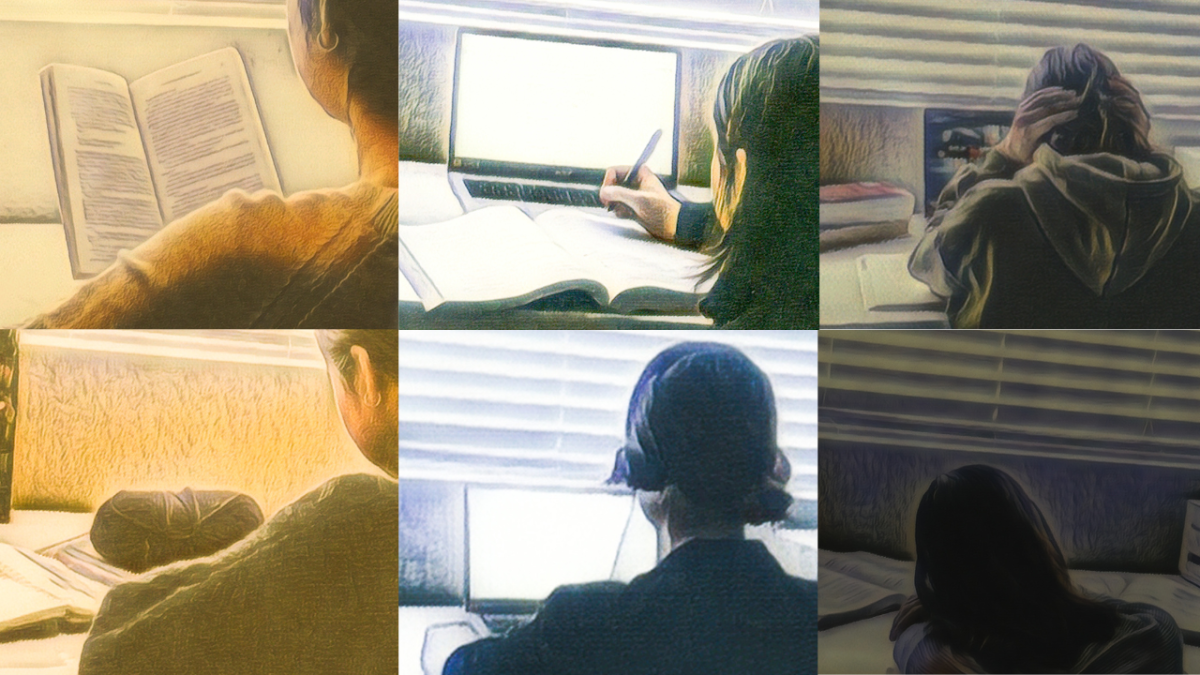
As the leaves turn orange, the weather gets colder, and the days get shorter, the autumn season has officially come to southern California. With this season, there is much to look forward to, such as Thanksgiving, pumpkin patches, and fall-themed drinks. However, in literature, the change of seasons and the seasons themselves are extremely significant.
“Fall in literature usually means some period of transition, imminent change, being of age, adulthood or what adulthood entails,” shares Miss Byers (Staff). Symbolism through the use of fall is prevalent in literature. Many authors take this opportunity to create character development, modify themes, and show a significant change in the story.
While this may lead to the belief that “coming of age movies” are representative of this, it is false. Coming-of-age movies that surround mainly adolescence and teenagers often take place in summer. Pieces set in fall and autumn create the scene for romantic comedies because they show changes or transitions happening. Usually, the character goes through changes, which leads to maturity. “We often see many enemies to lovers’ pieces in autumn or transition periods for the lives of adults,” says Miss Byers (Staff).
In addition, because autumn is traditionally the time of year when plants no longer blossom and tend to die, it signifies the height of growth within a character and story. It is often the turning point before the next season, winter, which signifies death. Out of all the famous movies, television series, and novels set around autumn and fall, Miss Byers recommends The Dead Poet’s Society. “It is an excellent movie starring Robin Williams, Robert Sean Leanard, and Ethan Hawke. It follows the story of a literature teacher at a boarding school and how he affects the boys at this boarding school. It shows how he ignites his students’ love for literature and poetry and encourages them to seize the day and live in such a way that when they look back in the future, they will not regret it,” continues Miss Byers (Staff).


























